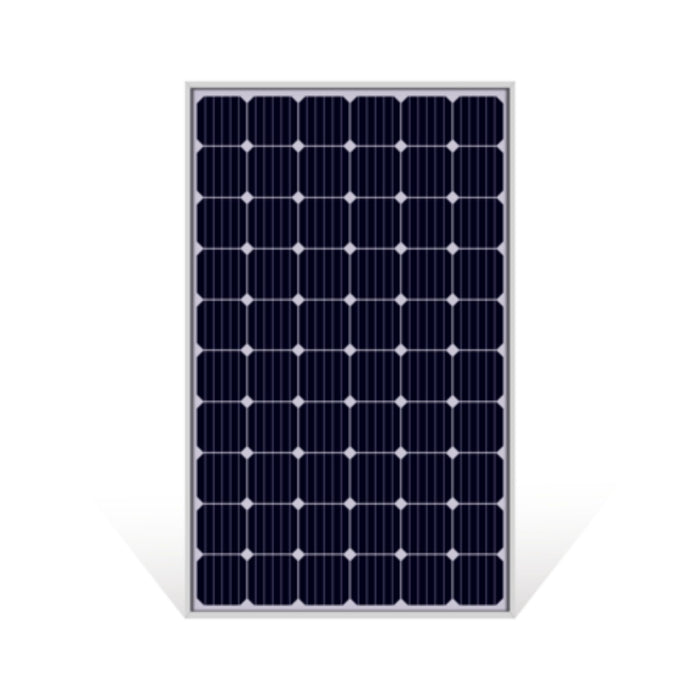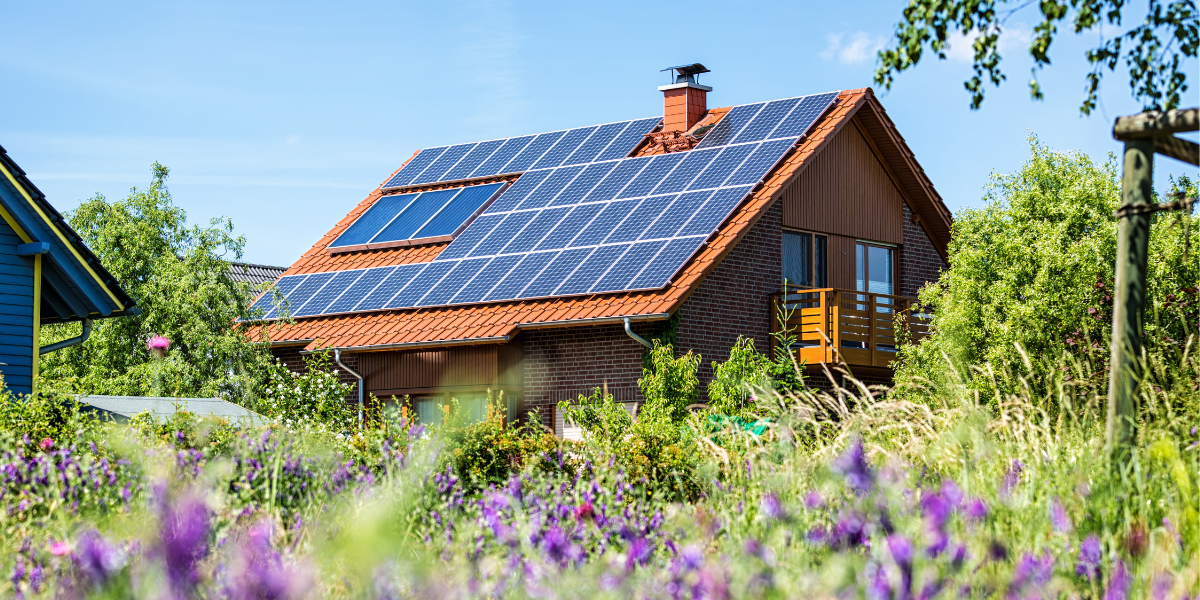Transform your home’s sustainability by installing advanced Solar Panels.
Transform your home’s sustainability by installing advanced Solar Panels.
Blog Article
Make The Most Of Power Savings With High-Quality Solar Panels
Optimizing energy cost savings via using top notch solar panels is a diverse technique that requires mindful consideration of technology, setup, and upkeep. Selecting high-efficiency options, such as monocrystalline panels, can dramatically enhance power generation, while toughness and service warranty terms play an essential function in long-term monetary feasibility. Furthermore, understanding the potential for federal government incentives can magnify the return on financial investment. The trip does not end with the acquisition; the subtleties of installment and recurring upkeep are equally important to accomplishing optimal outcomes. What variables should property owners prioritize to ensure they understand these benefits fully?
Advantages of Solar Power
The benefits of solar energy are many and considerable, making it an increasingly eye-catching choice for both property and industrial applications. One of the main advantages is its possible to lower power costs. By taking advantage of sunlight, homeowner can produce their own power, lowering dependence on standard utility sources and inevitably resulting in substantial cost savings.
Another important benefit is environmental sustainability. Solar power is a clean, renewable energy that aids to reduce greenhouse gas exhausts, adding to a decrease in air pollution and climate adjustment. This aligns with worldwide initiatives to change in the direction of even more sustainable power remedies.
Additionally, solar power systems can raise residential property worth. Homes and companies outfitted with solar panels typically have greater resale worths, appealing to environmentally-conscious buyers and financiers. In addition, government incentives, such as tax credit scores and refunds, can counter installation costs, making solar power a lot more monetarily sensible.
Lastly, solar technology promotes energy independence. By investing in solar energy, people and organizations can lower their susceptability to fluctuating power rates and supply disturbances, promoting higher control over their energy resources. Collectively, these advantages emphasize the engaging factors to think about solar energy solutions.
Choosing the Right Solar Panels
Selecting the right photovoltaic panels is a critical action in maximizing the performance and advantages of a solar power system. When assessing solar panels, several factors need to be thought about to guarantee optimal efficiency and long-lasting cost savings.
First, examine the panel's performance score, which indicates just how successfully it converts sunshine into electrical energy. Higher effectiveness panels may have a higher upfront cost yet can produce more power in limited room. Next, examine the service warranty used by the producer; a much longer guarantee normally reflects a greater degree of confidence in the product's durability and performance.
Furthermore, think about the kind of solar panel modern technology. Monocrystalline panels are understood for their high performance and space-saving style, while polycrystalline panels often tend to be much more inexpensive yet somewhat less reliable. Bifacial panels, which catch sunlight from both sides, are additionally getting popularity for their possible to boost energy outcome.
Last but not least, conduct a complete testimonial of independent performance scores and consumer testimonials to evaluate dependability and contentment. By thoroughly thinking about these variables, homeowners can make informed options that line up with their power needs and economic objectives, inevitably enhancing the return on financial try these out investment for their solar energy systems.
Recognizing Installation Prices
Recognizing the prices associated with installing solar panels is important for homeowners seeking to invest in sustainable power. The overall setup price can differ significantly based on several factors, consisting of system dimension, panel kind, installment intricacy, and geographical location.
Usually, the price is calculated on a per-watt basis, with typical rates varying from $2.50 to $3.50 per watt prior to any type of rewards. A common property system may cost between $15,000 and $25,000, depending on energy needs and the picked parts.
In enhancement to the panels themselves, house owners must consider expenditures connected to inverters, installing hardware, and electric upgrades. Labor prices likewise play an important role, as specialist setup guarantees compliance with safety and security requirements and local regulations.

Eventually, recognizing these setup prices and prospective economic benefits is crucial for property owners to make enlightened decisions regarding transitioning to solar power.

Upkeep for Long-Term Savings
Preserving navigate here photovoltaic panels is essential for making best use of long-term power financial savings and guaranteeing the system runs at peak performance. Regular upkeep entails several crucial techniques that can significantly improve the durability and efficiency of solar installations.
First, routine assessments need to be conducted to identify any type of physical damages or wear, such as cracks or loose connections. Cleansing the panels is additionally important, as dust, dirt, and particles can block sunshine, reducing energy output (Solar Panels). It is a good idea to cleanse the panels at least twice a year, or much more often in areas with high levels of dirt or air pollution
In addition, checking the system's efficiency via a monitoring software can offer real-time data on energy production and alert homeowners to any anomalies. This aggressive strategy permits prompt fixings, decreasing downtime and keeping optimum power generation.
Environmental Impact of Solar Power
The ecological influence of solar power prolongs far beyond its immediate benefits of lowering electricity bills and reliance on fossil fuels. By harnessing sunshine, solar energy substantially reduces greenhouse gas emissions, consequently mitigating climate change. Unlike standard power sources such as coal or gas, solar energy generation does not produce air toxins, adding to improved air top quality and public health and wellness.
Furthermore, solar power promotes biodiversity by reducing the demand for nonrenewable fuel source removal, which commonly interrupts ecosystems and environments. By transitioning to renewable resource sources, we can maintain natural landscapes and shield threatened varieties from habitat loss.
The life process of solar panels additionally presents a reduced environmental footprint contrasted to conventional power sources - Solar Panels. While making solar panels includes some source use and exhausts, advancements in innovation and reusing processes are consistently reducing these effects. Additionally, the long-lasting advantages of solar power-- such as decreased dependence on limited resources-- far surpass these initial expenses
Verdict
In recap, the fostering of high-quality solar panels presents significant opportunities for energy savings and environmental benefits. By selecting appropriate technologies, such as monocrystalline panels, and guaranteeing effective setup, property owners can enhance power generation in limited spaces. Additionally, understanding installment prices and upkeep demands additionally adds to long-lasting savings. The strategic alignment of photovoltaic panel selections resource with power requirements and government incentives boosts return on financial investment, promoting sustainability and decreasing reliance on standard power sources.
Report this page